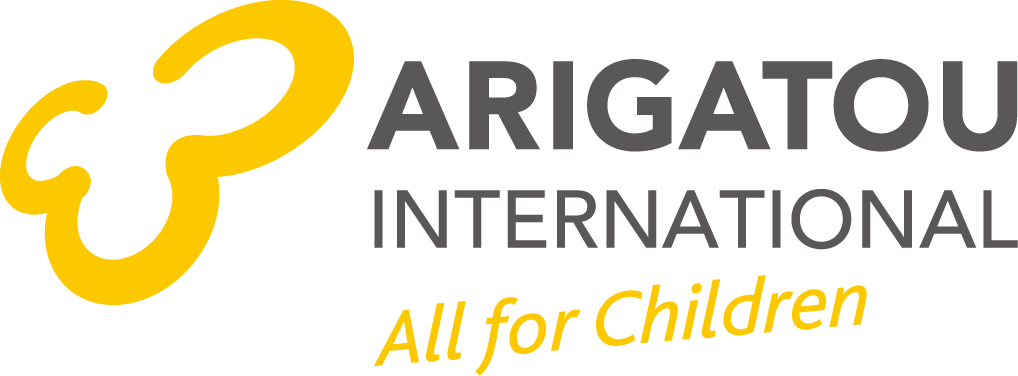Explore Our Global Initiatives
GNRC
Ethics Education
Prayer and Action
End Child Poverty
GNRC
Ethics Education
Prayer and Action
End Child Poverty
Arigatou International works with people from diverse religious and cultural backgrounds to promote children’s rights and well-being at all levels — from the grassroots to the global.
Stay Informed with Arigatou International
©2025 Arigatou International. All Rights Reserved. Privacy Policy Cookie Policy Copyright Agent Terms of Use Sitemap | Brand Assets

